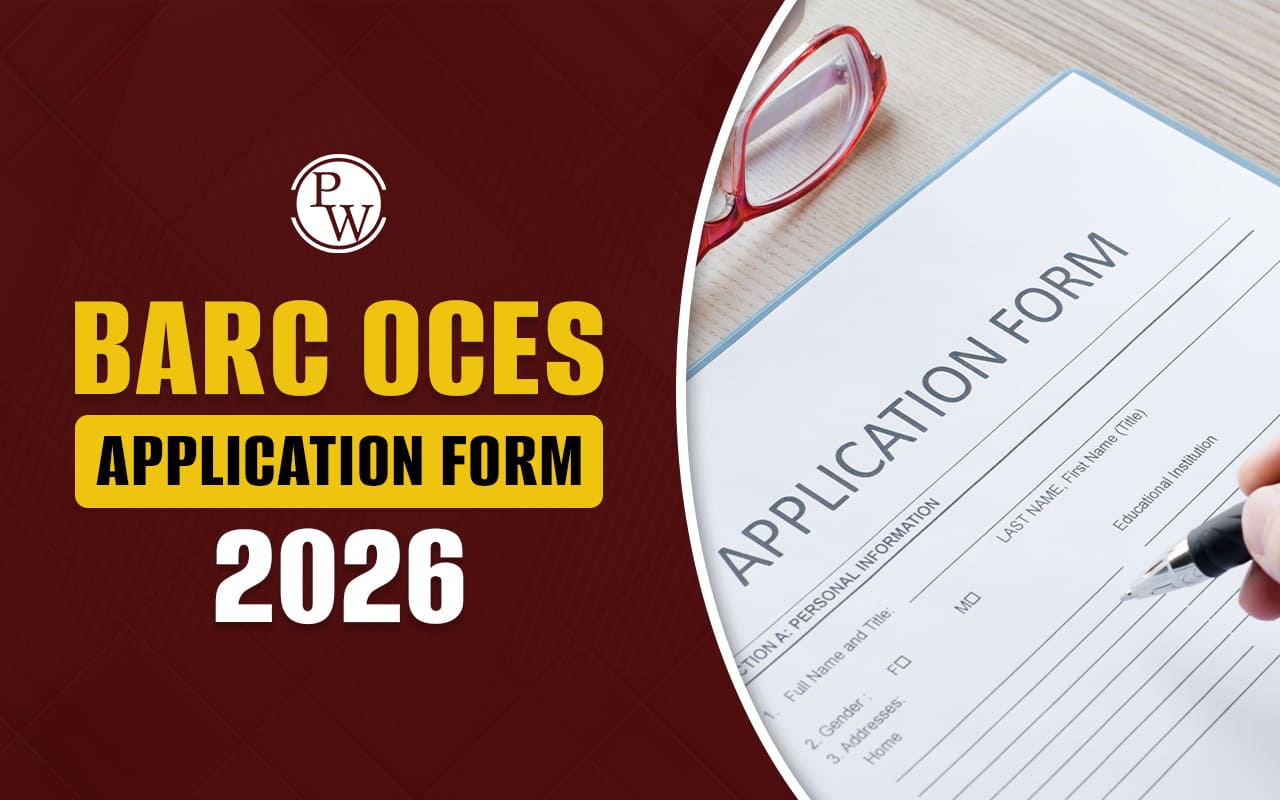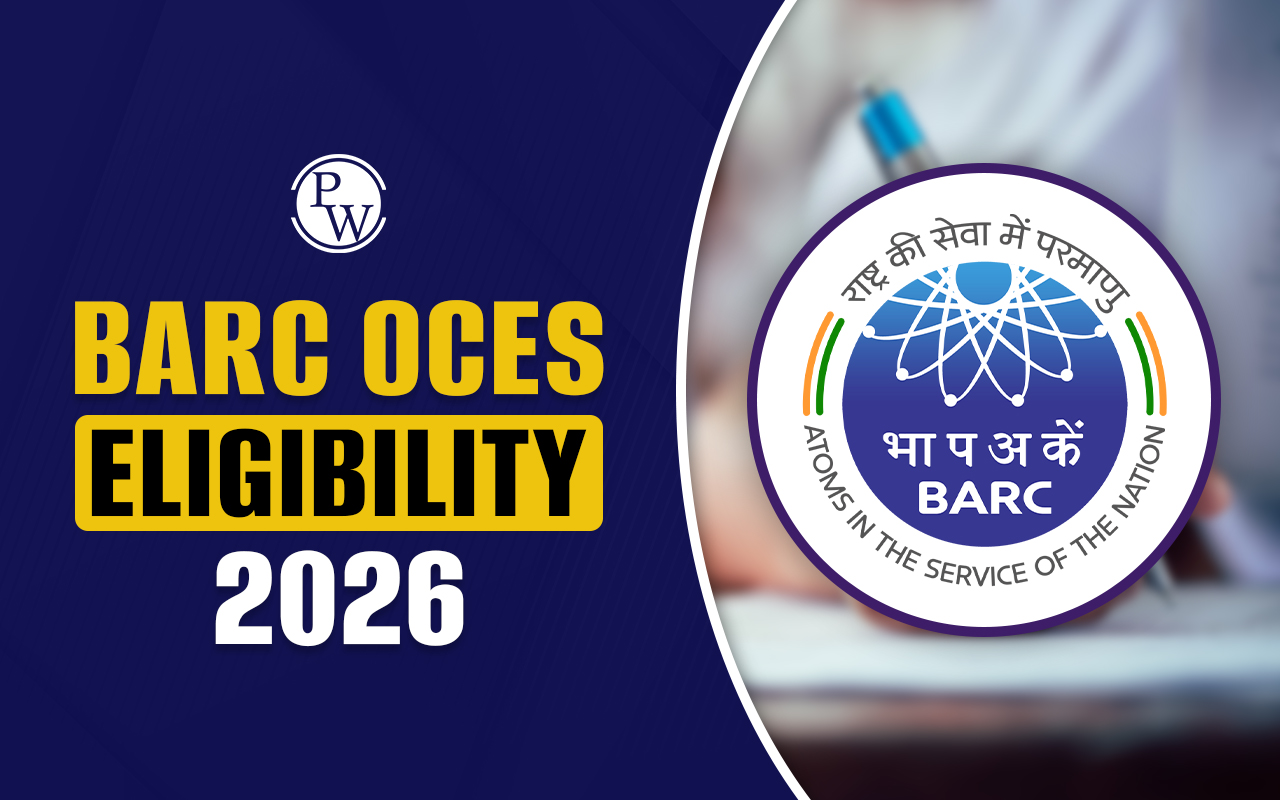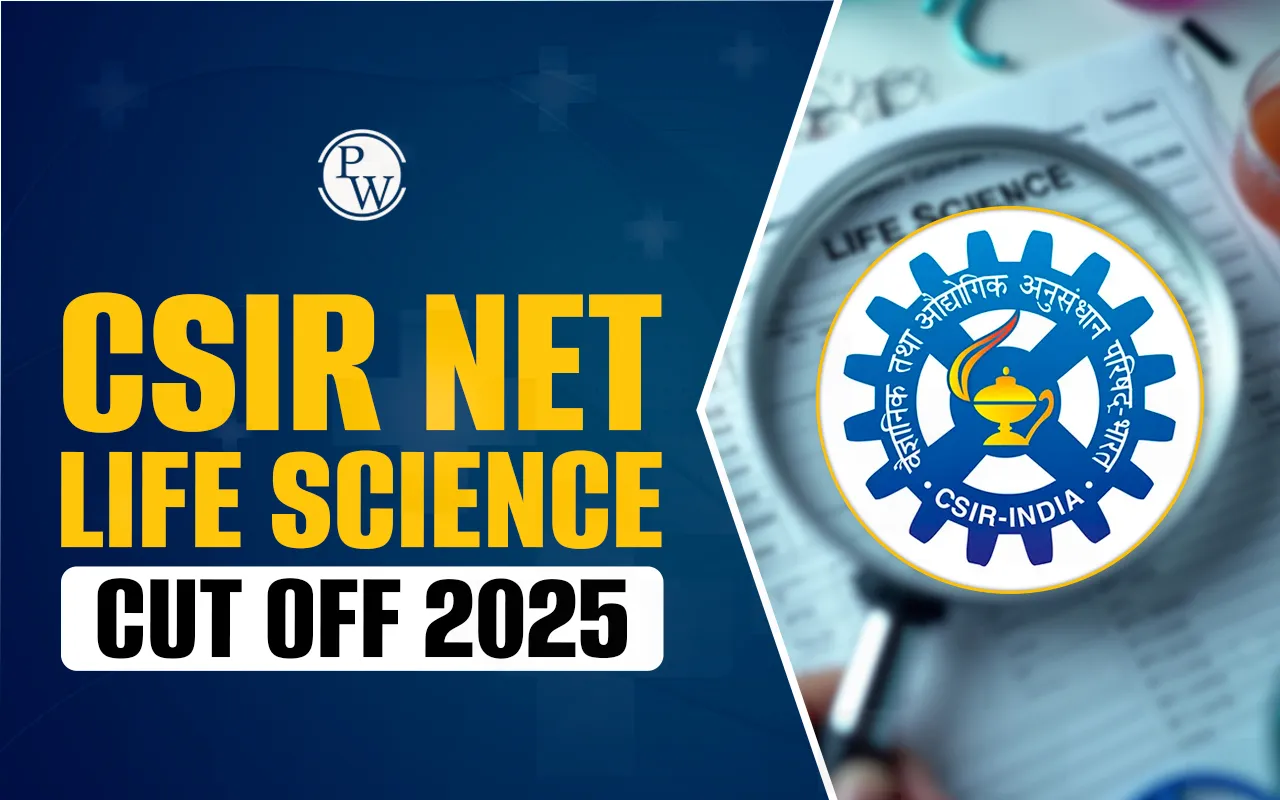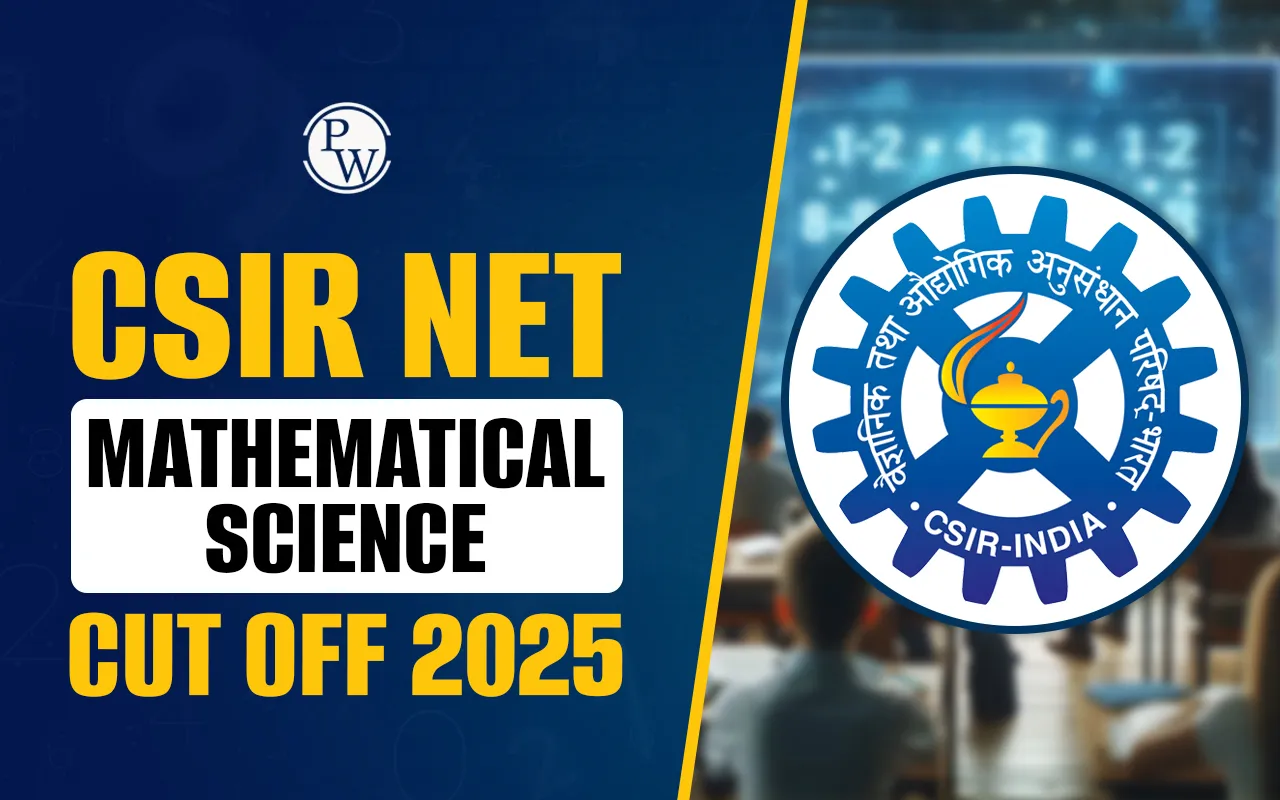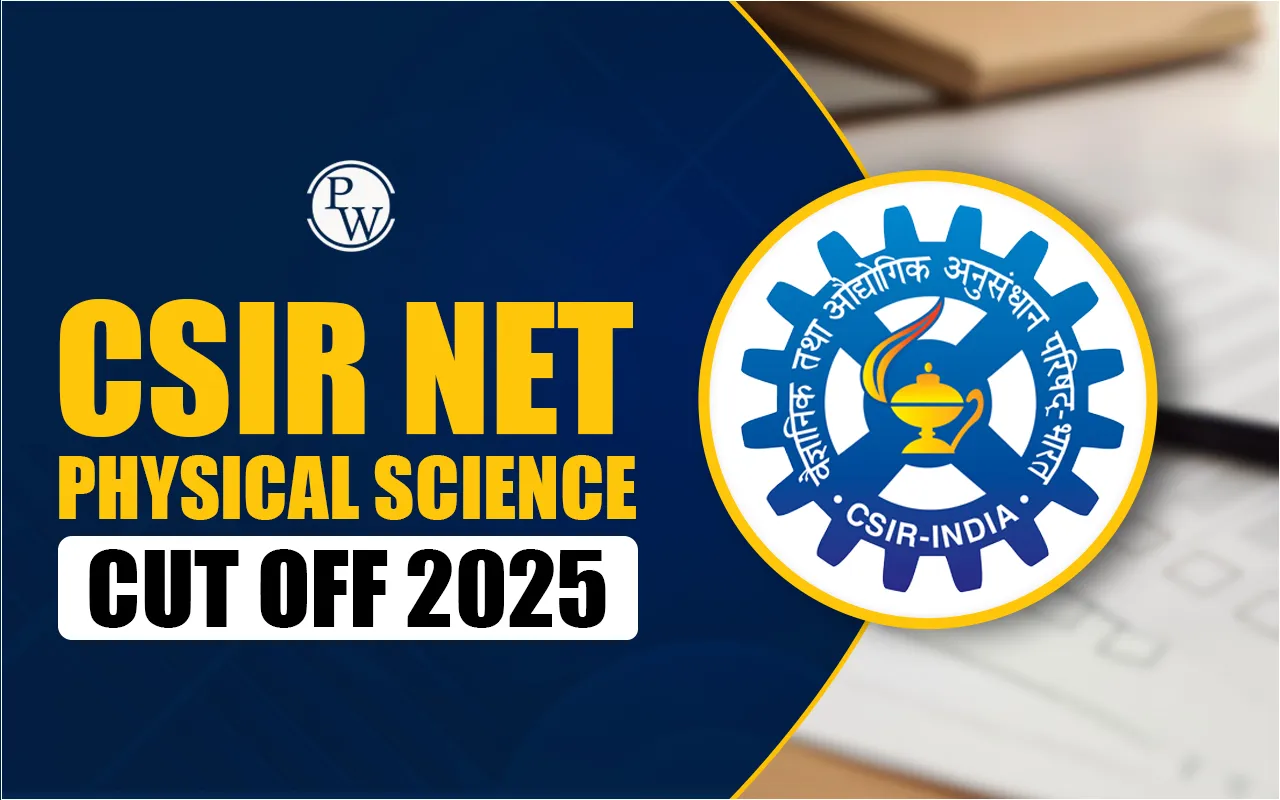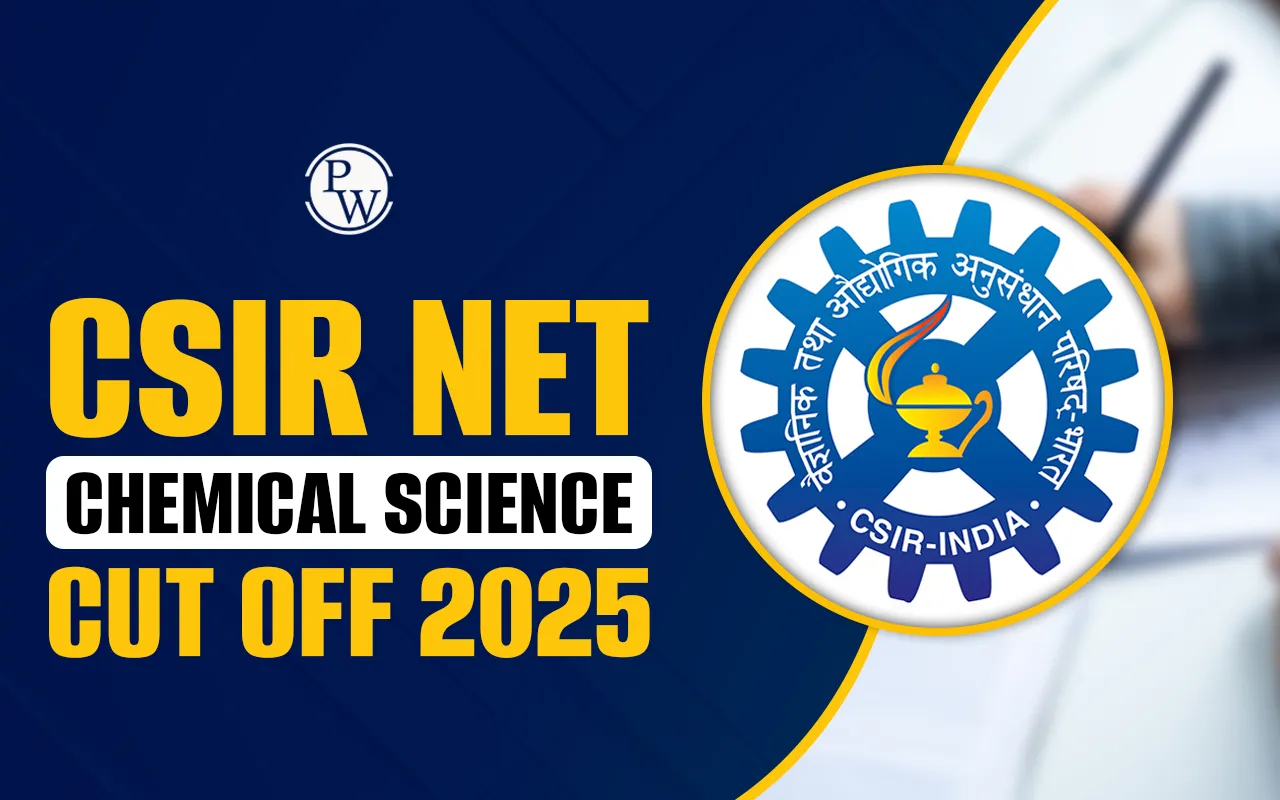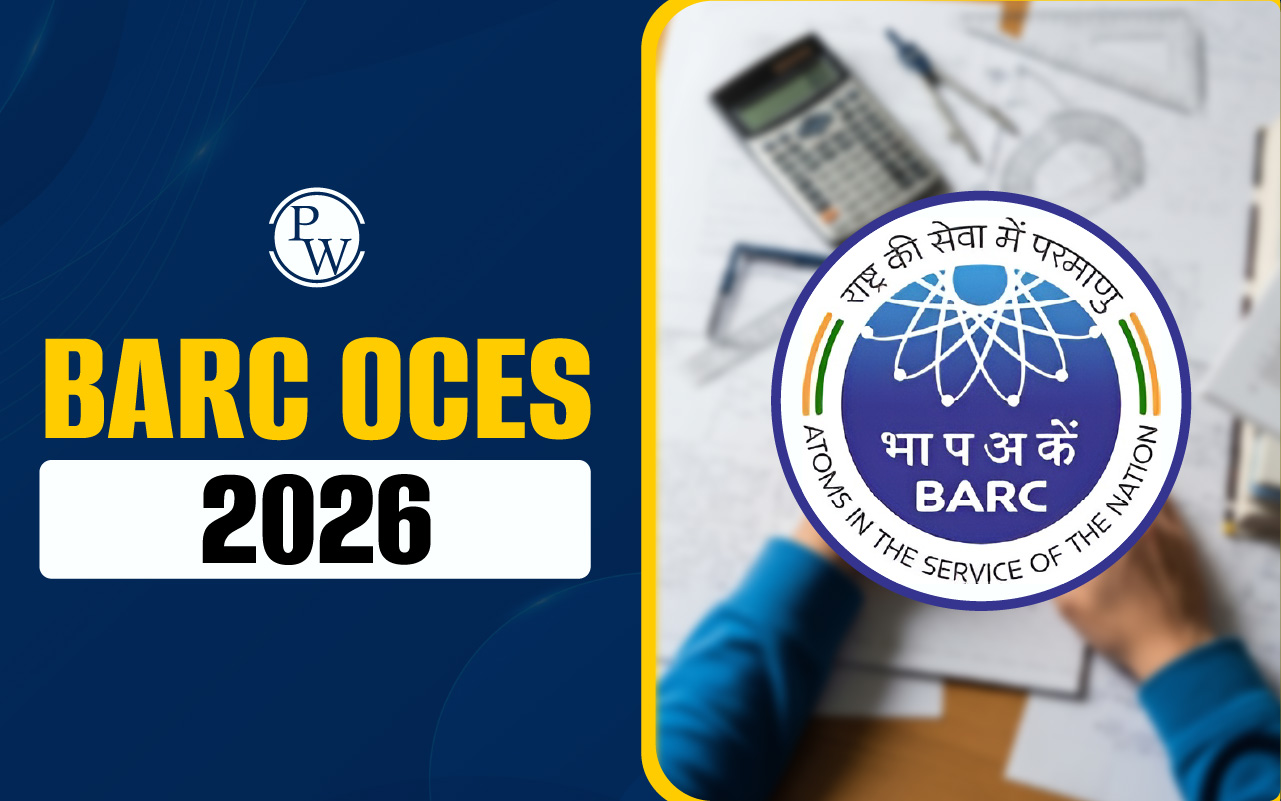
DBT BET Syllabus 2025: The National Testing Agency (NTA) has released the DBT BET Syllabus 2025 on its official website as the DBT JRF 2025 exam is going to be conducted on 13 May 2025. The DBT BET Syllabus is divided into Part A and Part B. Part A includes General Science, Mathematics, General Aptitude, and General Biotechnology topics.
Part B covers Specialized Branches like Agricultural Biotechnology, Animal Biotechnology, Bioinformatics, Environmental Biotechnology, Medical Biotechnology, and more. Candidates should carefully check the syllabus to understand important topics and plan their preparation accordingly. It will help them score better in the exam and improve their chances of qualifying for the fellowship.
DBT BET Syllabus 2025 Overview
DBT BET Syllabus 2025 has been released for the candidates preparing for the exam. DBT BET 2025 Exam is going to be conducted on 13 May 2025 by the National Testing Agency (NTA). The DBT BET Syllabus 2025 is divided into Part A and Part B. Check the given below table for an overview of the DBT BET Syllabus 2025.
|
DBT BET Syllabus 2025 Overview |
|
|
Events |
Details |
|
Conducting Body |
National Testing Agency |
|
Department |
Department of Biotechnology (DBT), Government of India, through nodal agency, Regional Centre for Biotechnology (RCB), Faridabad |
|
Post Category |
DBT BET Syllabus 2025 |
|
Total Parts |
Part A and Part B |
|
Total Marks |
300 |
|
Type of Questions |
Multiple Choice Questions (MCQs) |
|
Official website |
exams.nta.ac.in/DBT |
DBT BET Syllabus 2025 PDF
The DBT BET Syllabus 2025 PDF is very helpful for students preparing for the exam. It contains all the important topics and subjects that will be asked in the exam. By downloading the syllabus PDF, candidates can easily understand what to study and plan their preparation. The syllabus is divided into Part A (General Aptitude & General Biotechnology) and Part B (Specialized Branches in Biotechnology). It helps students focus on important areas and practice accordingly. Click on the given below link to download the DBT BET Syllabus 2025 PDF.
DBT BET Syllabus 2025 Part A
Candidates should know the DBT BET Syllabus 2025 Part A to prepare well for the exam. This section includes topics from General Aptitude and General Biotechnology. Below is the list of important topics you need to study.
|
DBT BET Syllabus 2025 Part A |
|
|
Section |
Topics |
|
General Aptitude |
- General science, chemistry, mathematics |
|
- Comprehension based: Reading a paragraph and answering related questions |
|
|
- Non-verbal reasoning: Finding the odd one out in a series of abstract pictures |
|
|
- Quantitative type: Understanding large numbers and performing simple calculations |
|
|
General Biotechnology |
- Biomolecular structure and function |
|
- Methods in Biotechnology |
|
|
- Genomics and Proteomics |
|
|
- Genetics, Phylogeny & Evolution |
|
|
- Cellular processes |
|
|
- Organization of structure and functions of prokaryotic and eukaryotic cells |
|
|
- Recombinant DNA Technology |
|
|
- IPR, Biosafety & Bioethics |
|
DBT BET Syllabus 2025 Part B
Candidates who are preparing for DBT JRF 2025 must also know the specialized branches of Biotechnology covered in Part B. Below, we have shared the detailed topics of each specialized branch. This will help you focus on important subjects during your preparation.
|
DBT BET Syllabus 2025 Part B |
|
|
Specialized Branch |
Topics |
|
Agricultural Biotechnology |
- Plant Biology, Physiology, Molecular Biology, and Seed Technology |
|
- Abiotic and Biotic Stress Biology |
|
|
- Tissue Culture, Transgenic Technologies, and Biotechnology |
|
|
- Molecular Breeding and Genomics |
|
|
- Biodiversity |
|
|
Animal Biotechnology |
- Animal Physiology and Biochemistry |
|
- Pathology |
|
|
- Animal Parasitology |
|
|
- Molecular Diagnostics |
|
|
- Animal Genetics |
|
|
- Histology and Embryology |
|
|
- Animal Virology |
|
|
- Research Methodologies |
|
|
- Molecular Medicine and Surgery |
|
|
- Immunology |
|
|
Bioinformatics & Computational Biology |
- Major Bioinformatics Resources |
|
- Proteins |
|
|
- Sequence Analysis, Basic Concepts |
|
|
- Database Searches |
|
|
- DNA & RNA Secondary and Tertiary Structures, t-RNA Tertiary Structure |
|
|
M. Tech. Biotechnology, Biochemical Engineering and Industrial Biotechnology |
- Introductory Mathematics |
|
- Bioprocess Engineering and Technology |
|
|
- Thermodynamics in Biological Systems |
|
|
- Downstream Processing in Biotechnology |
|
|
- Engineering Principles |
|
|
- Bioprocess Plant Design |
|
|
Environmental Biotechnology |
- Basic Ecological Concepts and Principles |
|
- Chemistry of Organic and Inorganic Chemicals Polluting Environment (Air, Water, and Soil) |
|
|
- Environmental Pollution |
|
|
- Water Pollution: Sources, Measurement, and Management |
|
|
- Wastewater Treatment Systems |
|
|
- Treatment of Industrial Effluents (Dairy, Distillery, Sugar, and Antibiotic Industries) |
|
|
- Management of Municipal, Biomedical, and Agricultural Solid Waste |
|
|
- Environmental Pollution Control |
|
|
- Environment-Friendly Technologies |
|
|
- Pollution Monitoring and Global Environmental Problems |
|
|
Marine Biotechnology |
- Important Marine Organisms and Their Behavior |
|
- Marine Resources Assessment |
|
|
- Population Study and Marine Environment Protection |
|
|
- Oceanography |
|
|
- Types of Marine Microbes and Their Biology |
|
|
- Microbial Assessment |
|
|
- Role of Microbes in Marine Environment |
|
|
- Microbial Metabolites |
|
|
- Microbial Interaction |
|
|
- Culture Systems and Hatchery Techniques |
|
|
- Introduction to Marine Pharmacology |
|
|
- Manipulation and Microbial Techniques |
|
|
- Disease Diagnosis |
|
|
- Marine Organisms and Environment Interaction |
|
|
- Pollution & Biomaterial Interaction |
|
|
- Fouling and Corrosion |
|
|
- Wastewater Bio-treatment |
|
|
Medical Biotechnology |
- Vaccinology & Immunotechnology |
|
- CMI and Imaging Technique |
|
|
- Genetics in Medical Practice |
|
|
- Genetics of Neurogenetic Disorders and Eye Disorders |
|
|
- Complex Polygenic Syndromes |
|
|
- Components of Genetic Counseling |
|
|
- Infections of the Gastrointestinal Tract, Respiratory System, and Nervous System |
|
|
- Pyrexial Illness |
|
|
- Sexually Transmitted Diseases and Congenital Infections |
|
|
- Host-Pathogen Interactions in Disease |
|
|
- DNA, Proteomics, and Antibody-Based Diagnosis |
|
|
- Gene Therapy, Cellular Therapy, Recombinant Therapy, and Immunotherapy |
|
|
- Gene Silencing Technology |
|
|
Molecular and Human Genetics |
- Cell Biology and Cytogenetics |
|
- Principles of Genetics |
|
|
- Common Genetic Disorders |
|
|
- Human Genome |
|
|
Neuroscience |
- Neurons, Glial Cells |
|
- Neurophysiology and Behavior |
|
|
- Major Events in Early Embryonic Development |
|
|
- Patterning, Polarity, and Regionalization of the Nervous System |
|
|
- Neuronal Death During Development |
|
|
- Neurotrophic Factors |
|
|
- Electrical Properties of Excitable Membranes, Neurons, Quantitative Models of Simulations |
|
|
- Synaptic Transmission and Cellular Signaling |
|
|
- Sensation and Perception |
|
|
- Fundamentals of Motor System |
|
|
- Chemical Control of Brain and Behavior |
|
|
- Neural Control of Breathing |
|
|
- Sleep and Dreaming |
|
|
- Cognitive Development and Aging |
|
|
- Clinical Neurochemistry and Neuropathology |
|
|
Pharmaceutical Biotechnology |
- Drug Metabolism |
|
- Pharmacological Screening and Assays |
|
|
- Enzymes and Microbial Technology |
|
|
- Biochemical Engineering |
|
|
- Downstream Processing |
|
|
- Industrial Application |
|
DBT BET Exam Pattern 2025
The DBT BET Exam Pattern 2025 is designed to test the candidates' knowledge in General Aptitude and Biotechnology subjects. Below is the detailed exam pattern with the number of questions and marking scheme.
| DBT BET Exam Pattern 2025 | |||
|
Sections |
No. of Questions |
No. of Questions to be Attempted |
Marks |
|
Section A (General Science, Mathematics, Chemistry, General Aptitude, Analytical, Quantitative Ability, and General Biotechnology) |
50 |
50 |
3 × 50 = 150 |
|
Section B (Specific areas of Biotechnology as per syllabus given) |
150 |
50 |
3 × 50 = 150 |
|
Total |
200 |
100 |
300 |
Preparation Tips to Cover DBT BET Syllabus 2025
Here are some easy and simple preparation tips to cover the DBT BET Syllabus 2025:
-
Understand the Syllabus: First, go through the complete syllabus of Part A and Part B to know important topics.
-
Make a Study Plan: Prepare a daily study timetable and give more time to difficult topics.
-
Study Part A First: Cover General Science, Mathematics, Aptitude, and General Biotechnology topics well as they are common for all.
-
Focus on Specialized Branch: For Part B, choose your specialized branch and study important topics from it.
-
Practice Previous Year Papers: Solve old question papers and mock tests to understand the exam pattern.
-
Revise Regularly: Keep revising all topics again and again to remember important concepts.
-
Make Notes: Prepare short notes of important points and formulas for quick revision before the exam.
DBT BET Syllabus 2025 FAQs
Who conducts the DBT BET 2025 Exam?
When will the DBT BET 2025 Exam be held?
How many parts are there in the DBT BET Syllabus 2025?
What is included in DBT BET Part A Syllabus?
What is the total mark for the DBT BET Exam 2025?



